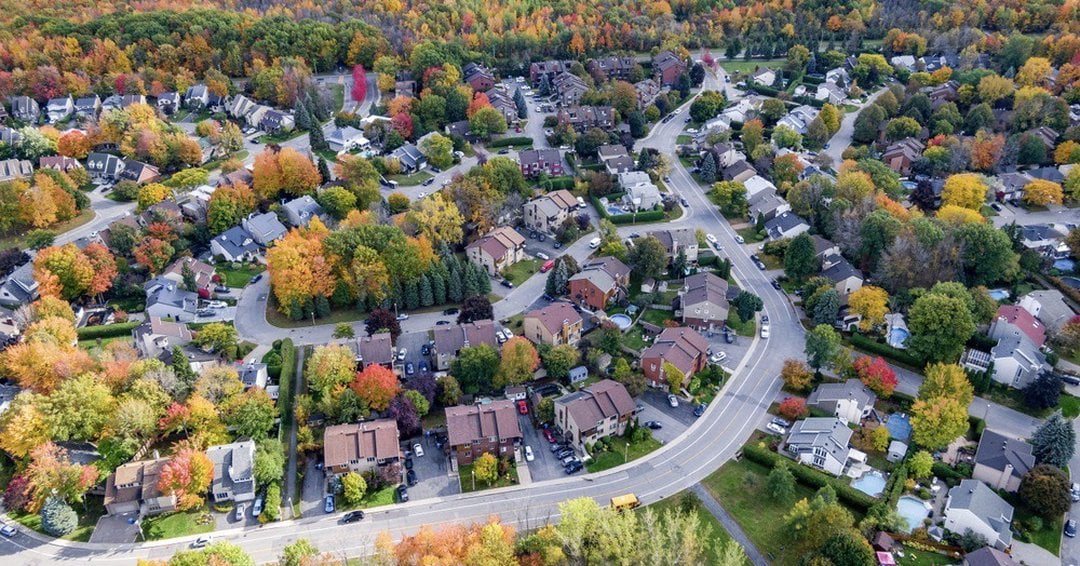
A rise in the Canada home prices again, 20th month in a row
The surge in Canadian home prices continues unabated, reaching new highs for the 20th consecutive month in February. The latest Teranet-National Bank House Price Index, issued on Thursday, indicated a 1.7 percent increase in home prices between January and February across 11 major Canadian areas. On a three-month annualized basis, Canadian house prices rose 20.5 percent in February, a pace not seen since the summer. According to the survey, the most recent price increase is likely due to high demand in the resale market, which has favoured sellers. The latest Bank of Canada rate rise, as well as numerous others, planned this year, may also be responsible for driving buyers into the market.
Home prices in Toronto set a new monthly high in November, up 28.3 percent from November 2020. Although the number of new listings fell slightly—by double digits in the condominium market—the average sale price reached an all-time high of $1.163 million, up 21.7 percent from the previous year (the national average gained 19.6 percent to $720,854). Meanwhile, in Vancouver, sales increased by 11.9 percent, while between September and October, sales increased by 8.6 percent, the largest single month-over-month gain since July 2020.
For most of the previous three decades, projecting a crash in the Canadian real estate market has been a fruitless exercise, but there is precedence for at least a brief drop. Prices in both Toronto and Vancouver fell around five years ago when government initiatives to calm the market coincided with the central bank raising interest rates. This is similar to what is happening today and might indicate another possible downturn.
Another reason influencing Oxford
Economics' estimate of a house price decline is the persistent assumption that the Bank of Canada (BOC) would hike interest rates. This began in early March 2022, when the BOC lifted its benchmark interest rate from 0.25 percent to 0.5 percent, the first time the bank has done so since 2018. Oxford expects the key interest rate will be raised three more times in 2022, followed by additional gradual hikes through 2024, bringing the rate to 2% by summer 2024. Fixed-rate, five-year mortgage rates are expected to rise by around one percentage point to 4.25 percent by the end of 2020, eventually reaching a ceiling of up to 5 percent by 2023.
The research also takes into account the federal government's upcoming new interventionist measures on housing demand, such as a tax on house flipping, a prohibition on foreign homeownership, and a tax on unoccupied properties held by non-residents. Even with a 24% decline, Canadian house prices would still be around 15% higher than before the epidemic, resulting in stronger market conditions that bring home prices closer to the reality of what Canadians can afford. Currently, a decline of this magnitude is not projected to cause a recession.
The current prediction predicts that housing prices will be more in line with household borrowing capacity by 2028, although the impact would be varied throughout the country. It should also be emphasized that Canada's ambitious immigration plans — inviting nearly 1.2 million immigrants over three years — are beginning to add to the country's tight housing market, particularly in the main metropolitan centres of Vancouver and Toronto.









